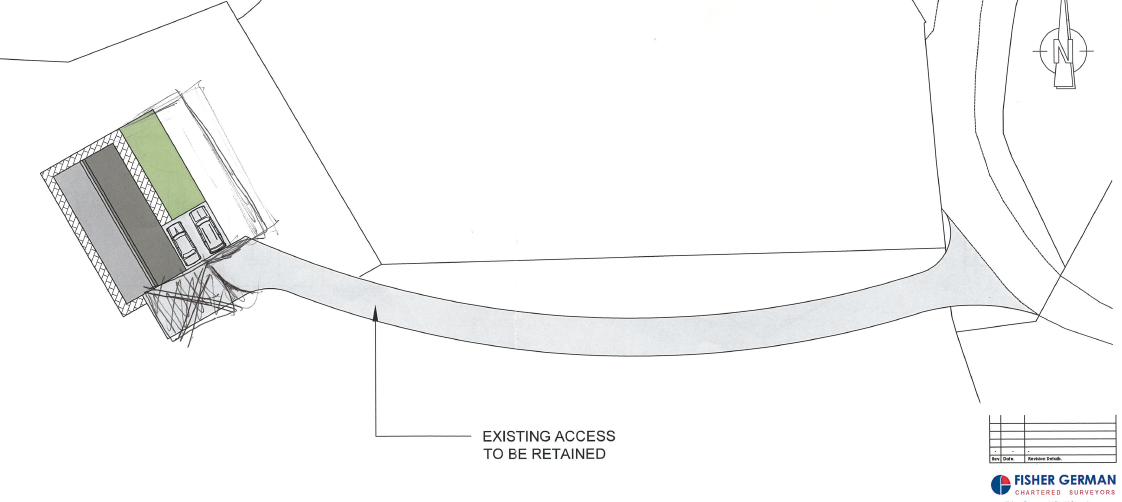
Change is never far away in the world of planning, and by far the biggest issue is always housing. The Government set itself an ambitious target to deliver 300,000 new homes a year, and despite increases in delivery in recent years there is still some way to go. There has been a myriad of policy changes and new initiatives to meet the Government’s stated ambition to significantly boost the supply of new housing, and councils are required to provide action plans if their delivery falls short of the ‘housing delivery test’. Over 100 councils were required to provide action plans in the 2018 published test results, and we expect to see these being released in late August. As there is very little guidance as to what they should actually contain, it remains to be seen how useful they prove in the battle to deliver more housing.
We have seen ‘permitted development’ right changes to convert rural buildings to dwellings (apart from in Wales) but there is inconsistency across councils as to whether modern barns are even convertible or not. There have been significant battles over Green Belt release to meet high housing targets, with significant delays in some councils caused by political battles. Wirral’s current Development Plan expired in 2001, yet there are still disagreements over a new Local Plan. Delays in the delivery of the Greater Manchester Spatial Framework have led to delays in the constituent authorities own Local Plans, with knock-on effects in terms of housing delivery.
Against this backdrop, the Government have recently announced it will review planning and a Green Paper is expected later this year, which no doubt will propose yet more changes and reforms to further boost the supply of housing.
All this means is that there is significant opportunity in every council. Local Plan preparation is very much like painting the Forth Bridge, and national policy requires review of adopted plans every 5 years at least. The onus is also now placed squarely on councils to justify their housing land supply, and there are numerous appeal decisions where councils have been found to have significantly over-egged their housing land supply figures.
Developing new housing in the countryside has always been a difficult area, but we are seeing appeal decisions take a very liberal view of locational sustainability. We have seen decisions where a failure to have an adequate housing land supply has been an important factor in granting schemes in the Green Belt. So long as a site is well connected and reasonably accessible by means other than the car, and there is no particular environmental reason why a site cannot be developed, then it is worth a look.
Another development recently has been older persons’ housing. The Government have recently amended planning guidance to place much greater emphasis on the needs of older people. Councils are required to plan for and monitor provision, and many councils fall very short of the new requirements. What this means is that there is a very good opportunity to promote care developments on land where even a normal housing scheme may struggle – if local need can be evidenced, then even Green Belt sites can come into play. We have seen appeal decisions across the country, including by Chester, for Green Belt care developments where there is an identified local need and shortfall in provision. Inspectors are placing great weight on these factors.
Self-build is another area where many councils fall short, and we have seen appeal decisions where a failure to meet with local self-build housing need has swung the balance in favour of development.
In summary, planning has certainly been in a permanent process of change in recent years and this will continue for the foreseeable future. This will certainly open up significant opportunity for development, even on sits where there may have been a struggle in the past. Contact nial.casselden@fishergerman.co.uk and nia.borsey@fishergerman.co.uk
We will be more than happy to give advice as to the planning potential and the right strategy for achieving permission.